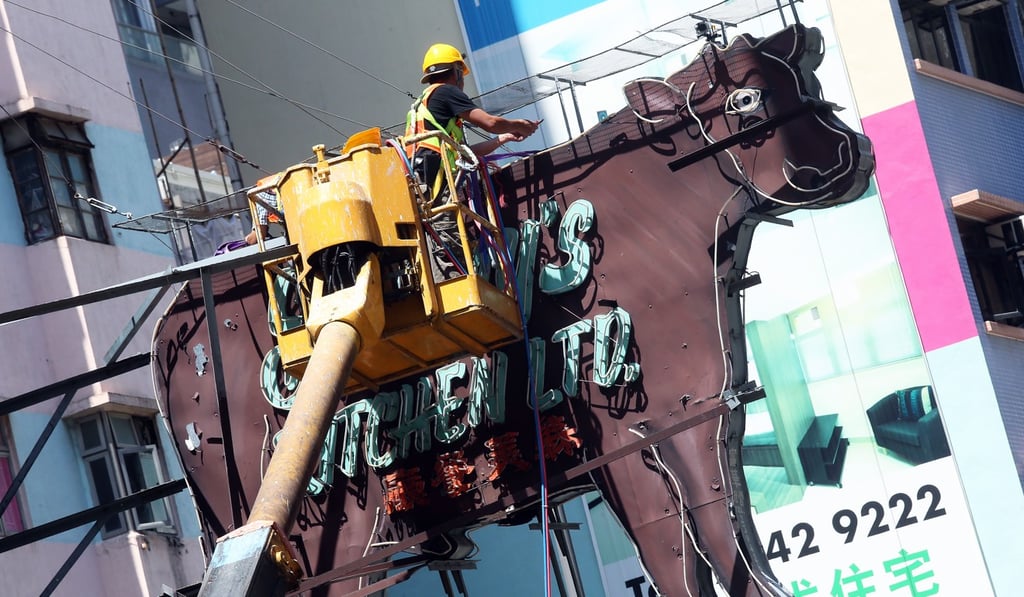Home improvements should not be illegal in Hong Kong – renovate the rules on illegal structures instead
Philip Yeung says illegal structures in Hong Kong are common, given the high cost of land. It’s time to review the regulations on home improvements and restrict only renovations that endanger public safety or encroach on public land

No way out: How Hong Kong’s subdivided flats are leaving some residents in fire traps
Elsewhere, improvement of a detached residence is nobody’s business. It is even considered a virtue, proof positive of pride in home ownership, that you are not a speculator who flips the property for a quick profit. In Canada, patios and other alterations are routinely added without a building permit. The practice of improving one’s home is so widespread that many downmarket properties are openly advertised as “handyman’s specials”, beloved by people who have the home improvement itch – all without bureaucratic entanglements.
The simple truth is that improving your home illegally may violate the city’s building by-laws, but they are not offences involving moral turpitude, unlike stealing, or cheating on your wife. To non-homeowners, having illegal structures may even be a status symbol, a sure sign that you have made it in the world. Public figures, of whatever political stripe, should not feel safe or morally superior. Just ask opposition politician Paul Zimmerman, who pre-emptively confessed to his sins.
Are our building permit application procedures for home alterations too cumbersome, time-consuming or excessively harsh? Are some of the rules even necessary, especially when they involve childproofing a place or securing it against home invasion? The government’s current headache may do us a lot of good if it leads to cutting the red tape and depoliticising it for future political appointees.
